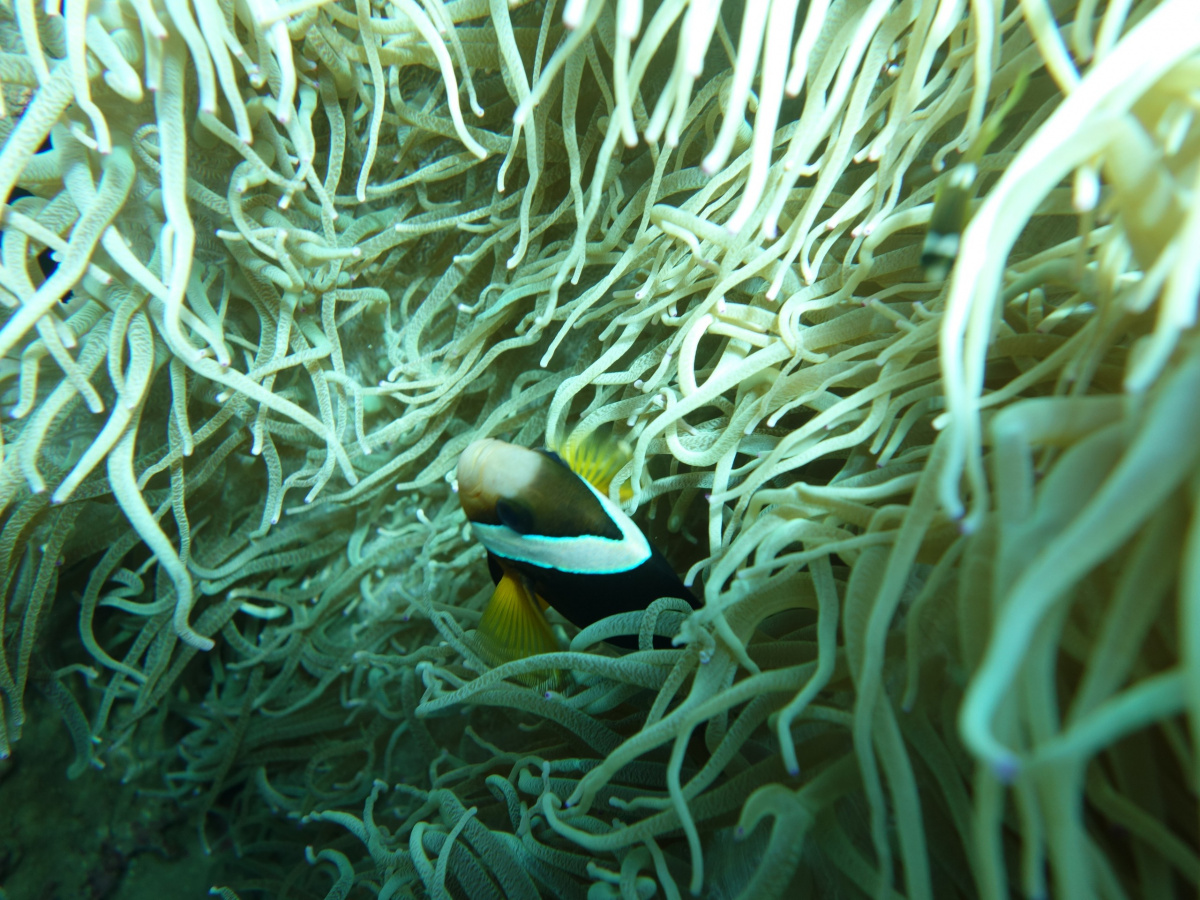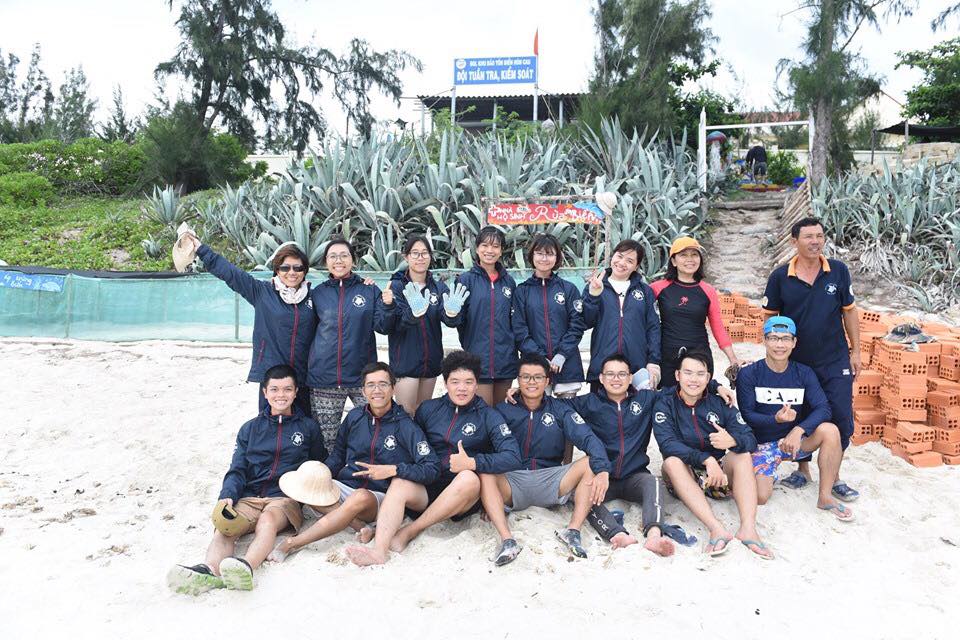MARPLASTICCs video series: ReForm Cham Island Landfill Project, a Circular Economy initiative led by Evergreen Labs in Viet Nam
Today marks the launch of the fifth Circular Economy video of the MARPLASTICCs series, and the second from South East Asia. The video showcases the work of Evergreen Labs through the ReForm Cham Island Landfill Project. Working towards transitioning waste management on Cham Island (and Hoi An) from the current linear process into a circular waste model, the initiative is part of the Marine Plastics and Coastal Communities (MARPLASTICCs) project managed by IUCN and supported by the Swedish International Development Cooperation Agency.
In today’s video, Evergreen Labs co-founder takes us through the ReForm process, from the collection and sorting of waste to its transformation into upcycled products. Through their work, Evergreen Labs demonstrates how recycling initiatives can be integrated into the local community, benefitting the locals, youth and business.
The video starts with footage from plastic extraction on Cham Island and then recycling process. The initiative focuses on recycling low-value single-use plastics as a complementary approach to the informal sectors in Viet Nam. Different types of waste are sorted, i.e. low-quality waste from a paper recycling company, landfill, work sites and other waste from the initiative’s collaboration with schools and businesses in and around Hoi An. The video then takes us to the ReForm facility, where the waste is transformed to create strong boards that can be used for building furniture. The initiative has so far contributed to over 20,000 kg of plastic waste collected and to 40 ReForm staff trained in waste management.
 Photo: Boards are made of recycled plastic waste © IUCN Viet Nam
Photo: Boards are made of recycled plastic waste © IUCN Viet Nam
VIDEO LINK
The ReForm Cham Island Landfill Project [hyperlink: https://page.impacttrack.org/reform-cham-island-project] is implemented by Evergreen Labs and is one of the five circular economy initiatives IUCN supports as part of its MARPLASTICCs project working to reduce the amount of plastic leaking into the marine environment. With the support of IUCN, the ReForm initiative is transforming low-value, generally unrecycled plastics into marketable products, In doing so, the initiative is stopping plastic leakage, creating jobs for low-income workers, promoting innovation, and providing alternatives (such as wood replacements) to existing products.
About MARPLASTICCS
In 2017, with generous support from the Swedish International Development Cooperation Agency (Sida), IUCN launched the Marine Plastics and Coastal Communities initiative (MARPLASTICCs), an initiative in Africa and Asia that works in five countries: Kenya, Mozambique, South Africa, Thailand, and Viet Nam. The project consists of four pillars: capacity building through circular economy initiatives, production of knowledge products – including the national guidance and reports on plastic pollution hotspotting, economic and regulatory policy analysis in each country, and connecting with the private sector with a business component to help businesses identify plastic leakage in their value chains. As part of the Capacity pillar, MARPLASTICCs has been supporting existing, small-scale circular economy initiatives that aim to reduce the amount of plastic leaking into the marine environment. MARPLASTICCs has provided a financial grant of up to USD 50,000, in each target country.
To learn more, please visit: https://www.iucn.org/theme/marine-and-polar/our-work/close-plastic-tap-programme/marplasticcs
Supported by Sida
 Photo: Sida logo
Photo: Sida logo





